The troubled contact-tracing phone app to curb coronavirus will not be ready for use in crowded tower blocks until at least the autumn, a local authority leader has warned.
Matt Hancock, the health secretary, has refused to put a date on its introduction – after abandoning a planned mid-May launch – because of unknown technical problems.
Now London’s deputy mayor for fire has suggested it will not be ready for the capital’s dense housing until later in the year at the earliest, because of the risk of the wrong people being ordered to isolate themselves.
Download the new Independent Premium app
Sharing the full story, not just the headlines
“We can all imagine what will happen if you have a tower block where you are reliant on Bluetooth,” Fiona Twycross told a London Assembly meeting
“You might get inaccurate readings from people who haven’t actually been in contact with people.”
Ms Twycross added: “It is more important that we get the app right for when we need it in the autumn, than rush it out before we’re ready.”
Arguing the physical contacting of people suspected to have been in contact with coronavirus carriers was more important, she said: “The test-and-trace and isolate programme is not reliant on the app – nor should it be
“We can’t have a system which it is entirely reliant on people having the right technology and downloading an app to protect the public.”
The criticism comes as the department of health and social care finally unveils the first statistics from the trial of the app on the Isle of Wight, after criticism of the delay.
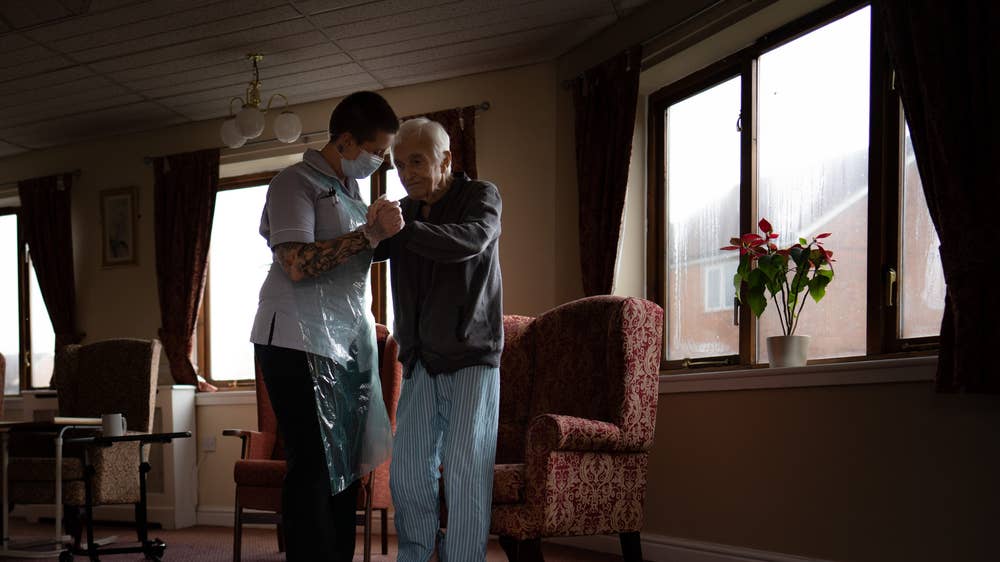
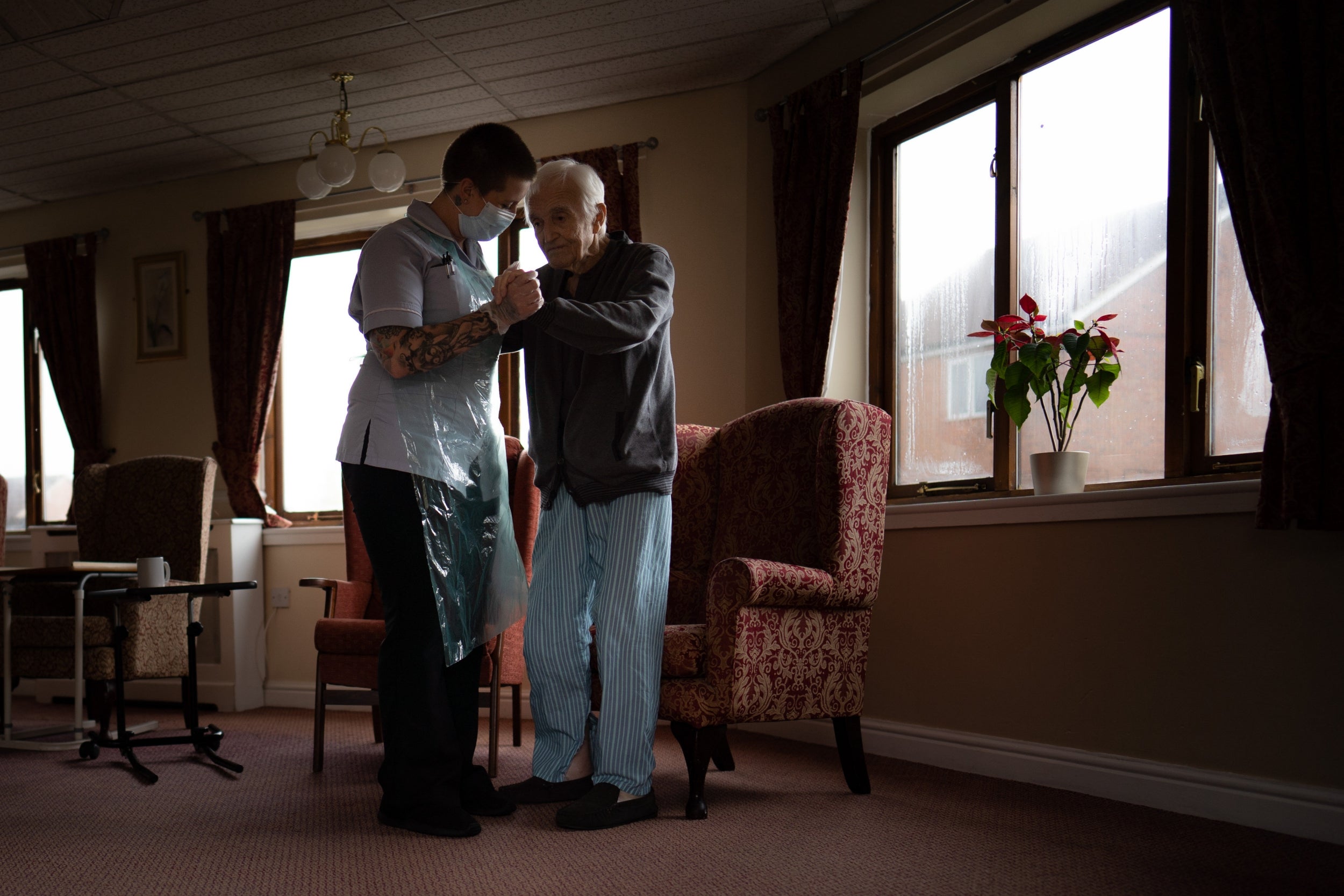
1/18
Jack Dodsley, 79, with a carer in PPE at Newfield Nursing Home
Tom Maddick/SWNS
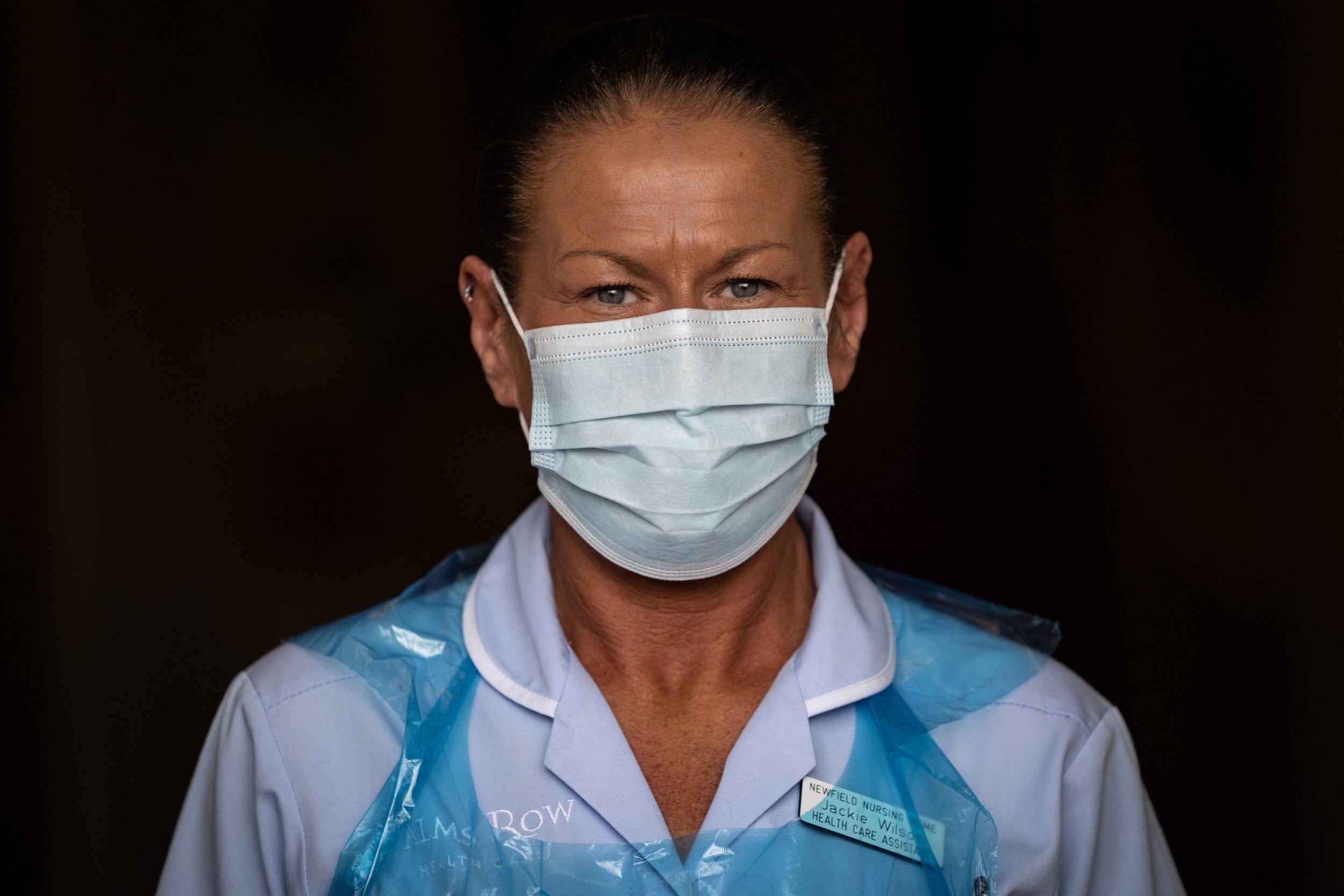
2/18
Jackie Wilson, a healthcare assistant, wearing PPE before going into rooms
Tom Maddick/SWNS
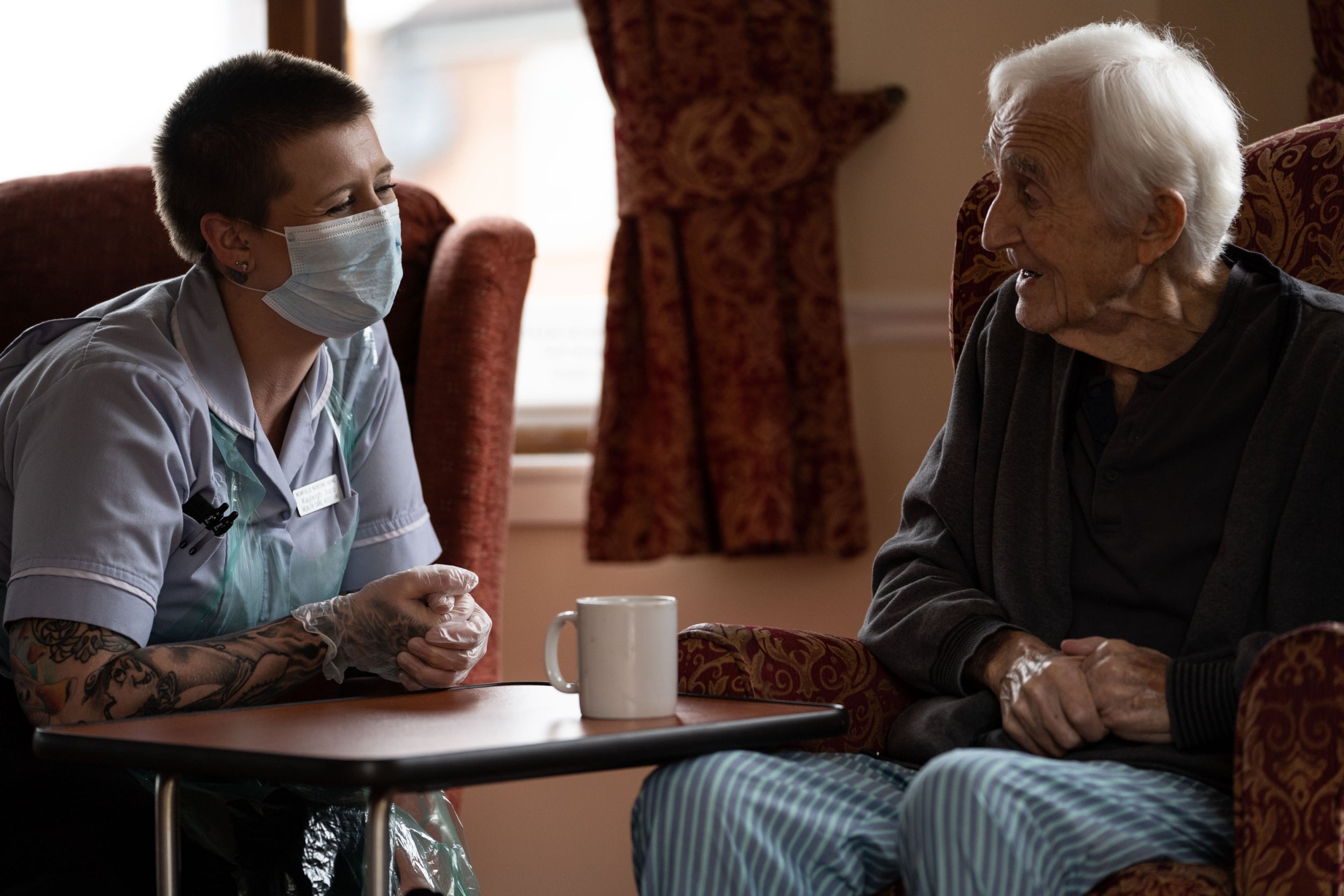
3/18
Jack Dodsley, 79, speaks to a carer at Newfield Nursing Home
Tom Maddick/SWNS
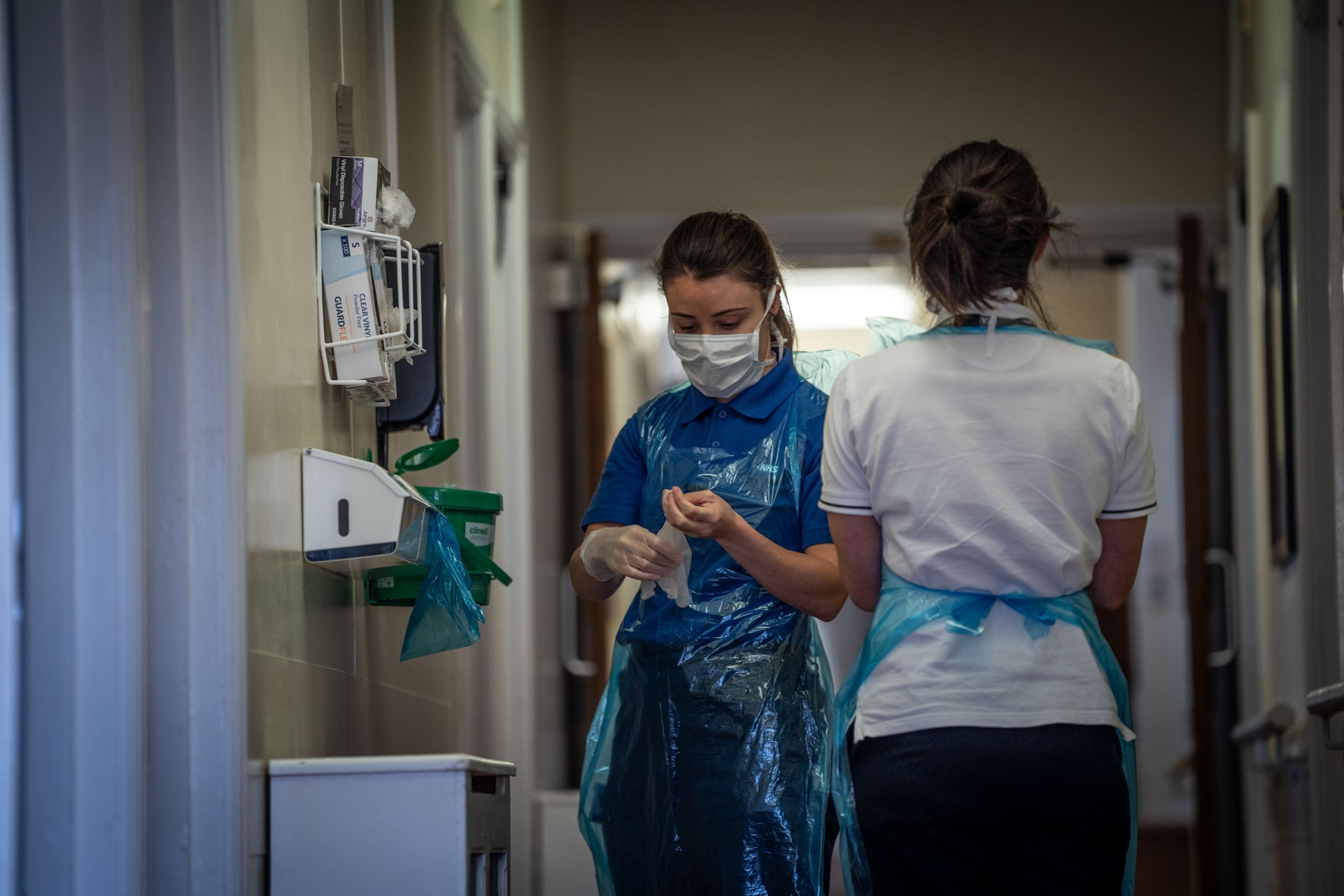
4/18
Carers working at Newfield Nursing Home
Tom Maddick/SWNS
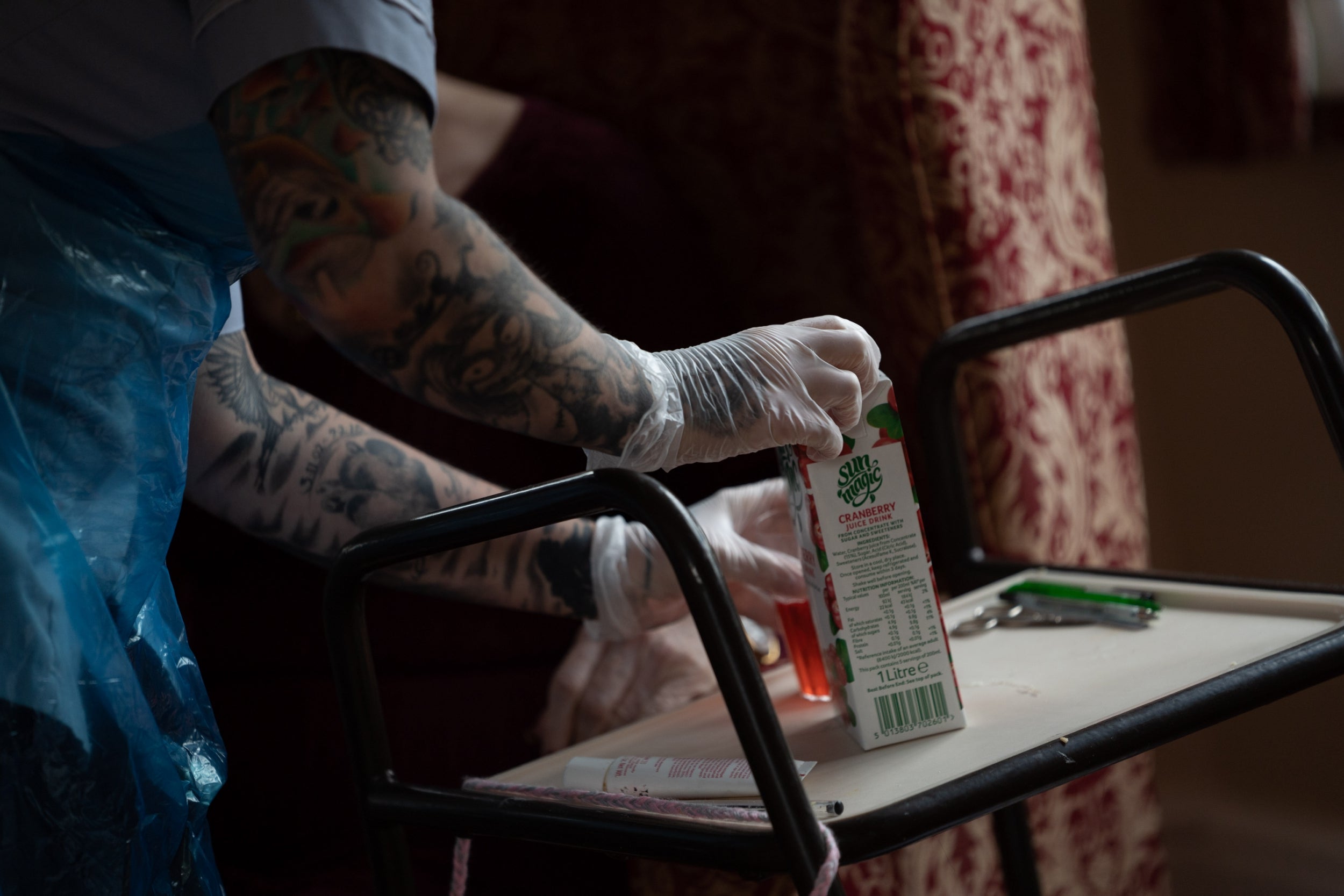
5/18
A care worker wearing PPE opens a drink carton
Tom Maddick/SWNS
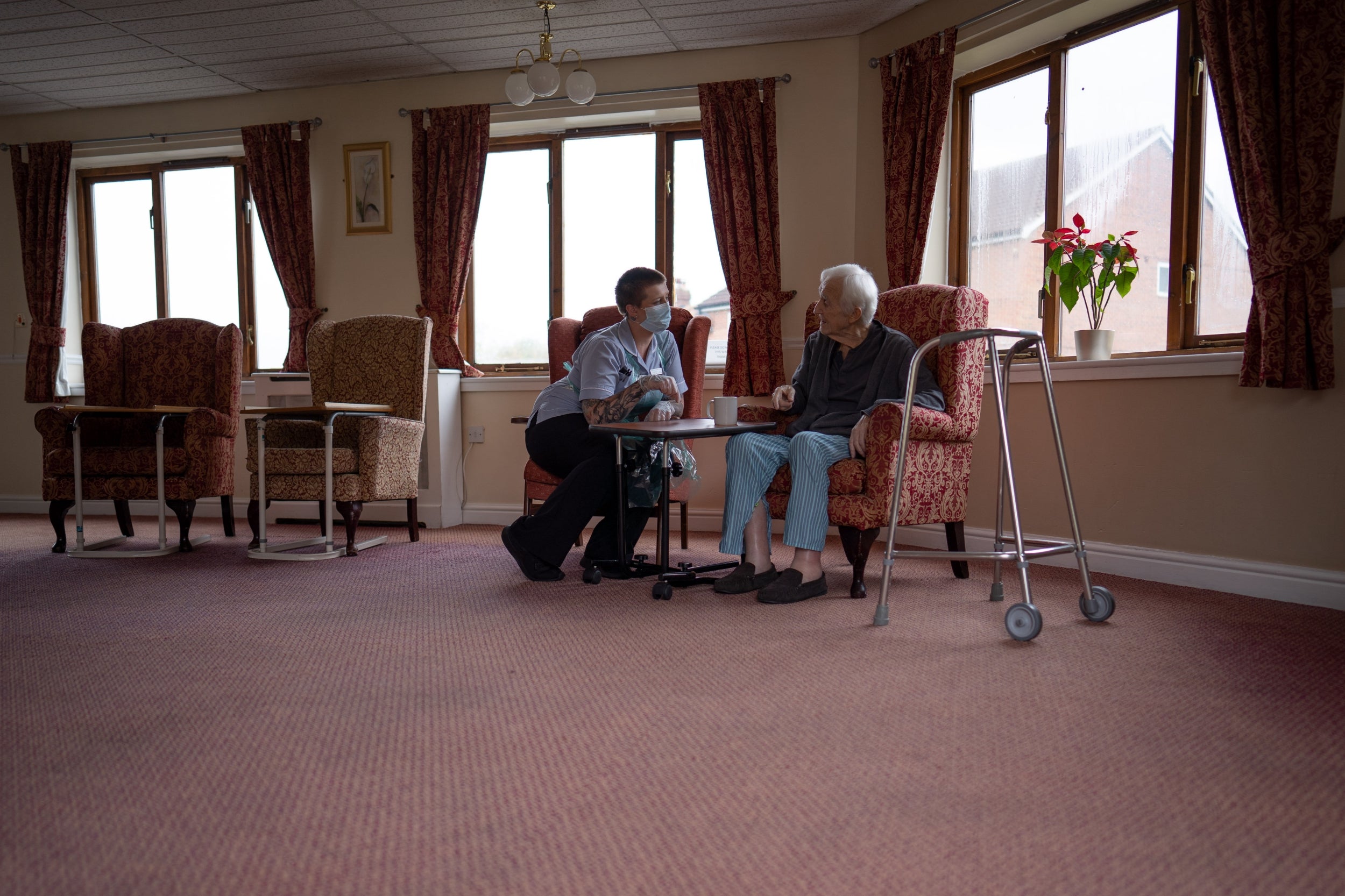
6/18
Jack Dodsley, 79, sits with a carer
Tom Maddick/SWNS
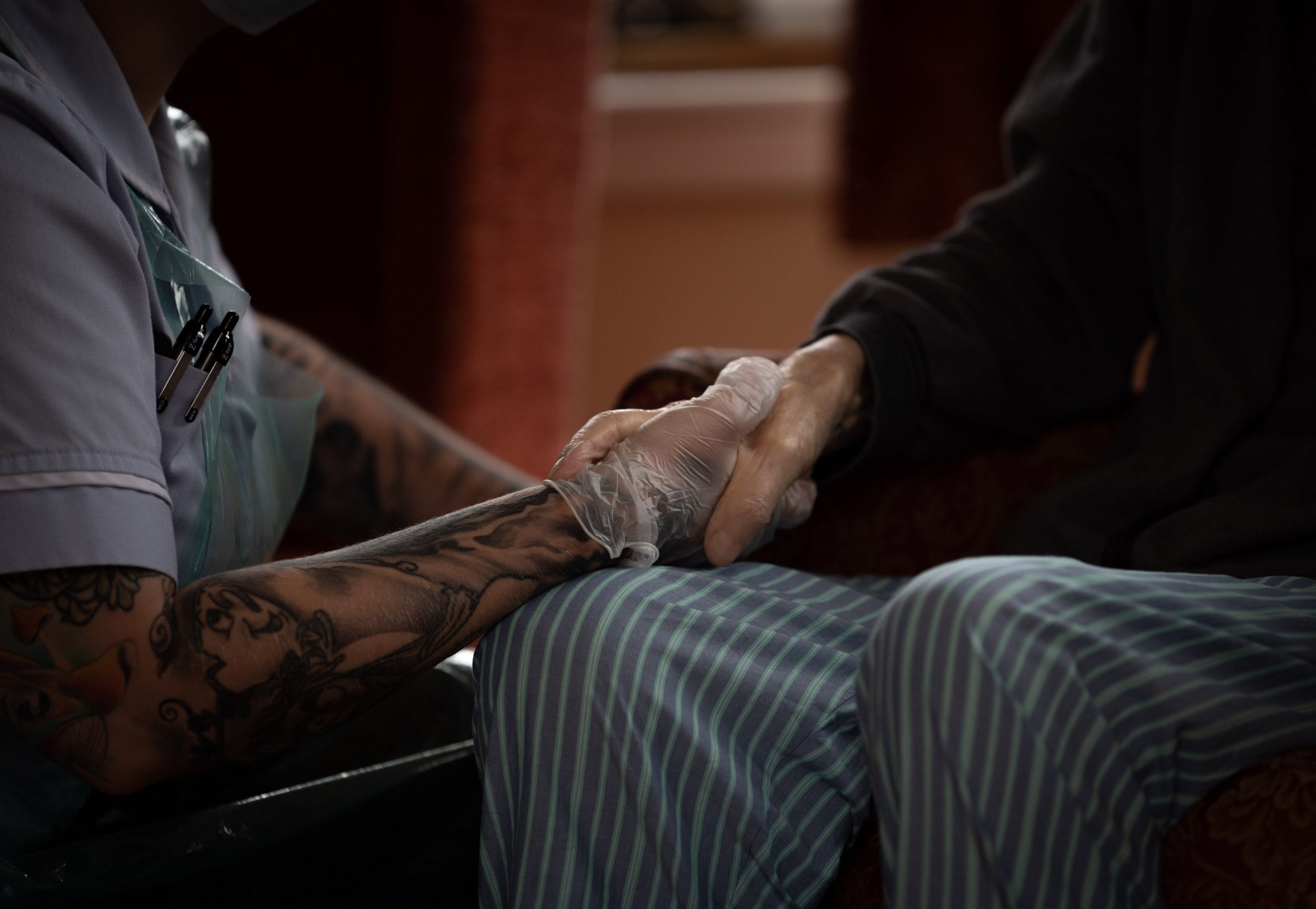
7/18
Jack Dodsley, 79, with a carer in PPE
Tom Maddick/SWNS
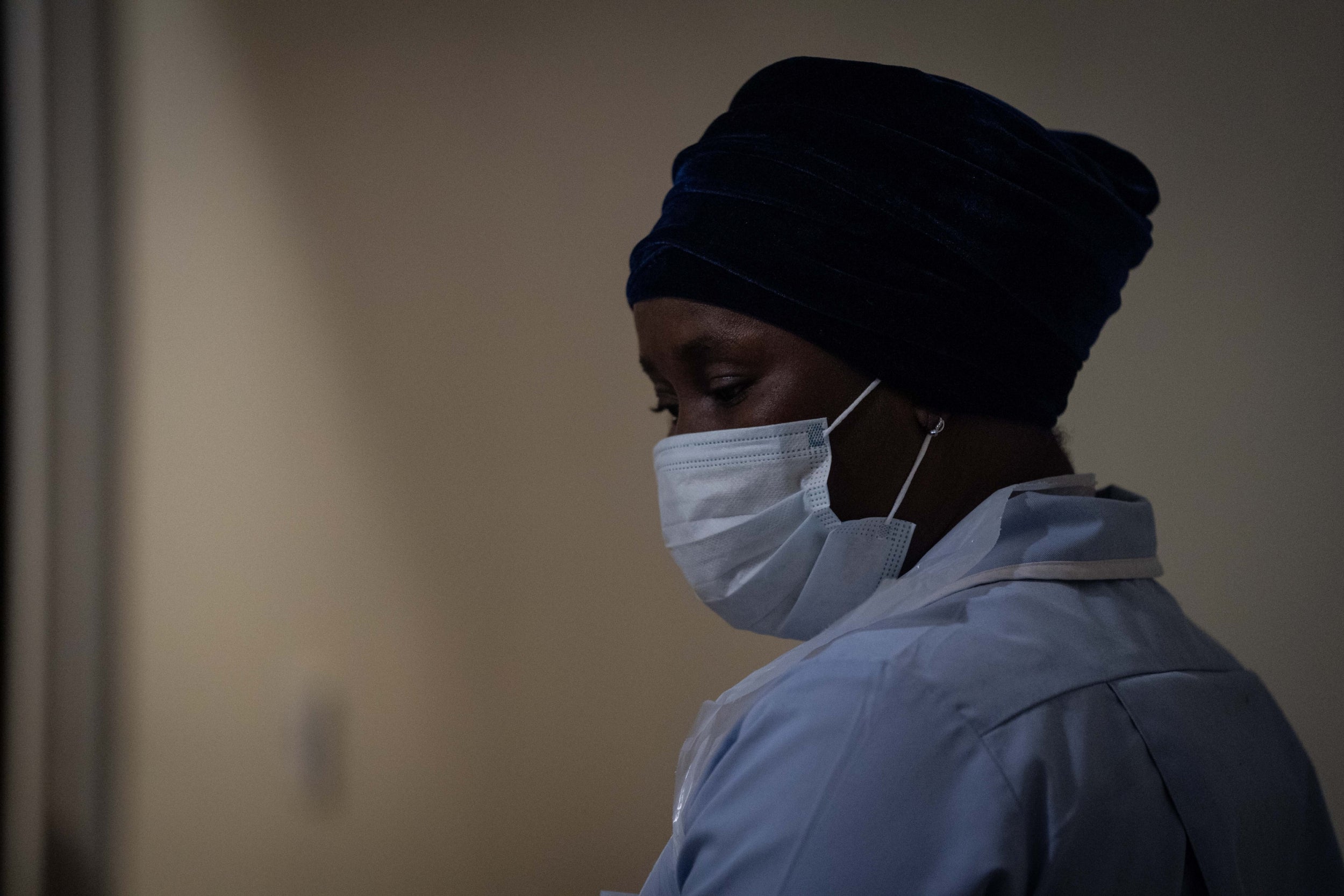
8/18
A care staff member wearing PPE
Tom Maddick/SWNS
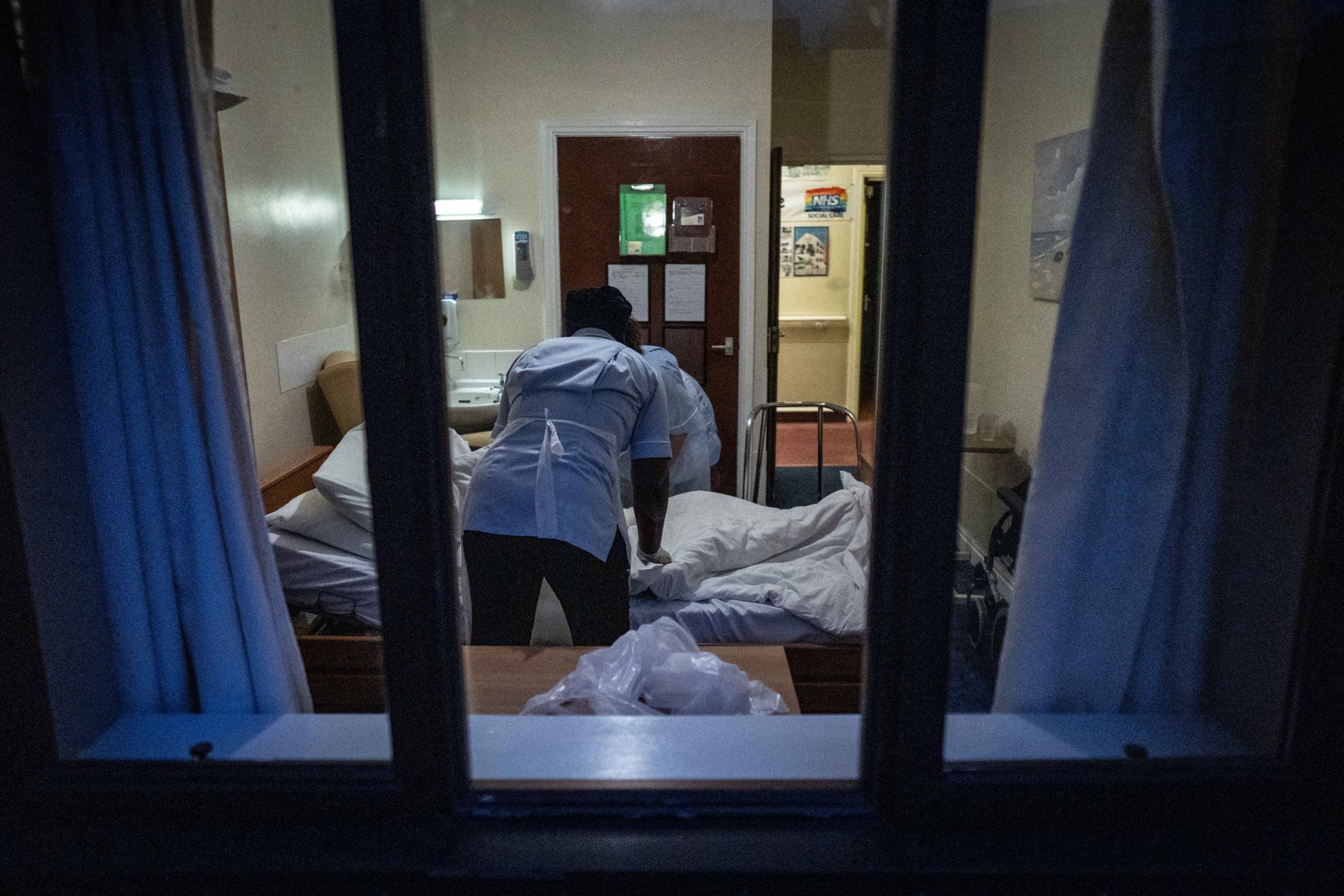
9/18
A staff member at Newfield Nursing Home looks after a resident
SWNS
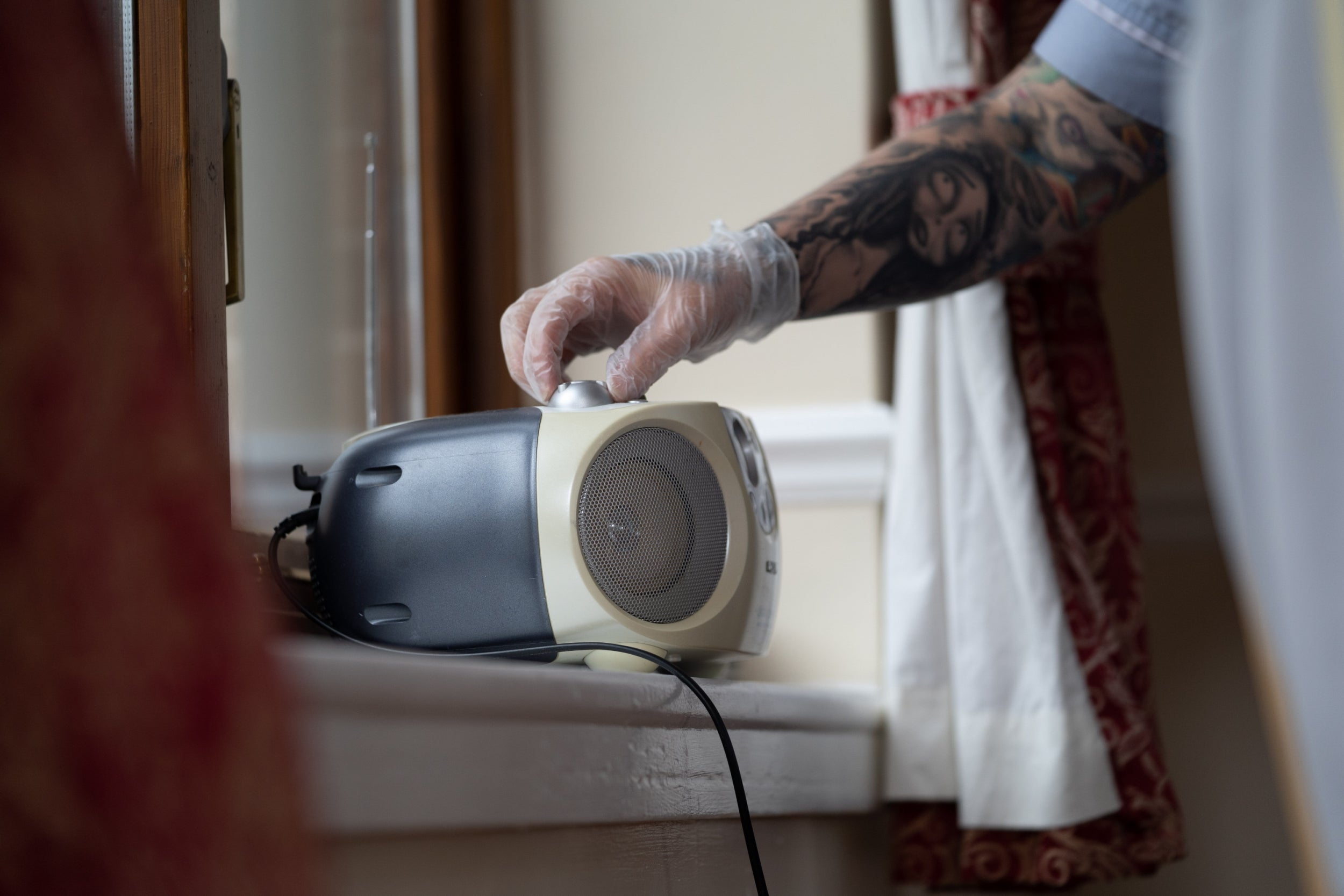
10/18
A carer wearing PPE uses a speaker
Tom Maddick/SWNS
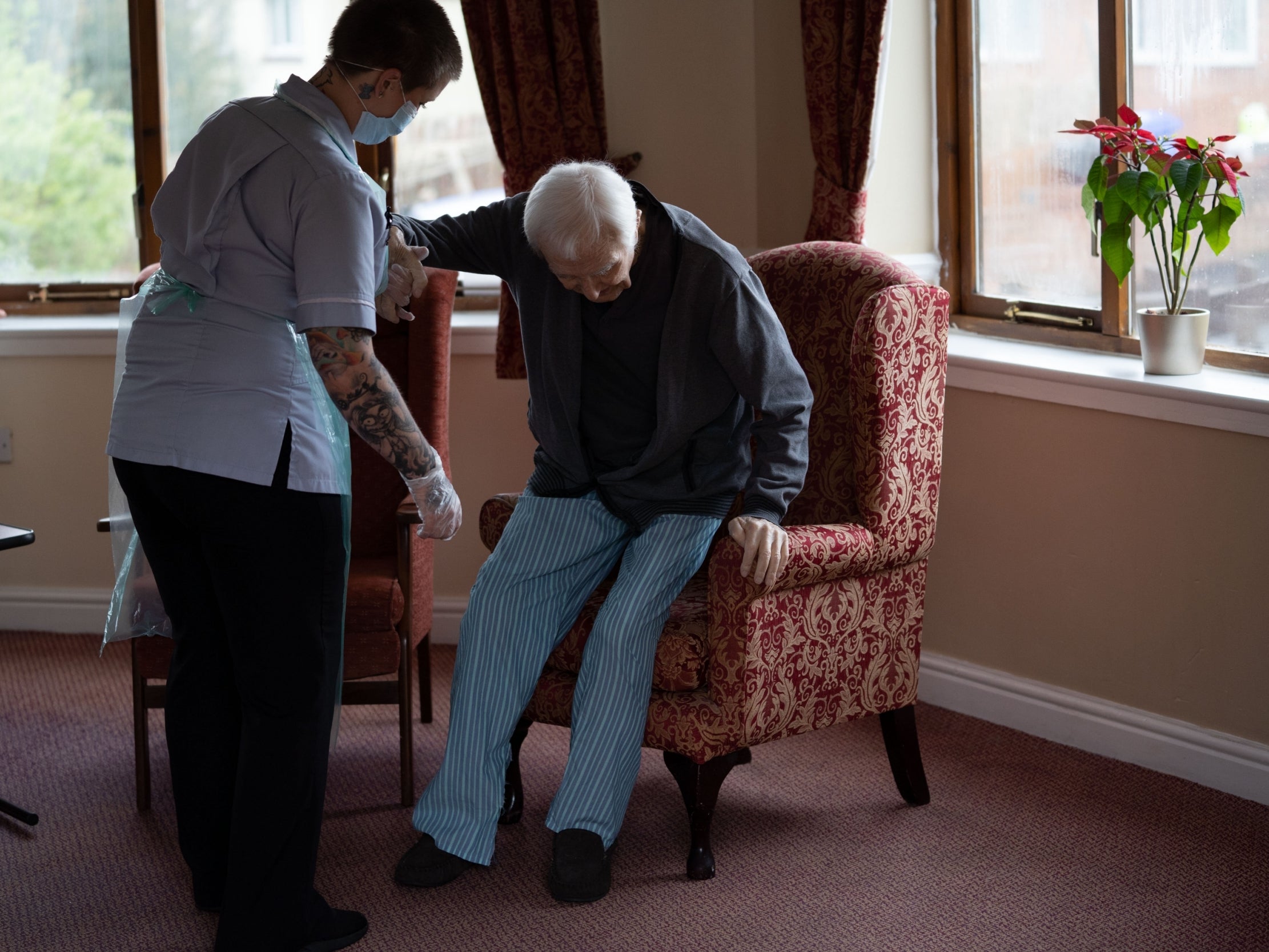
11/18
A carer helps Jack Dodsley, 79, from his chair
Tom Maddick/SWNS
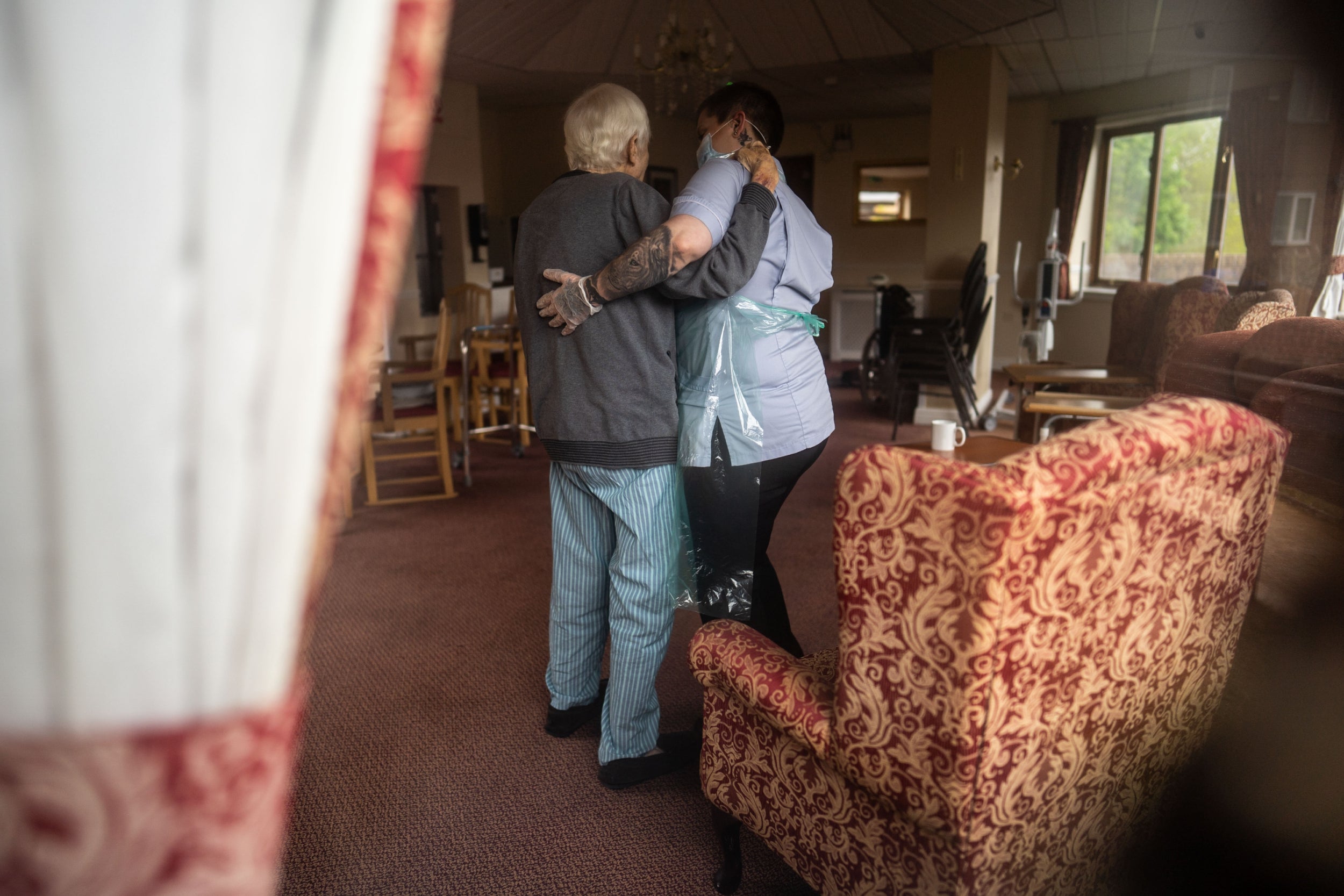
12/18
A carer wearing PPE helps Jack Dodsley, 79
Tom Maddick/SWNS
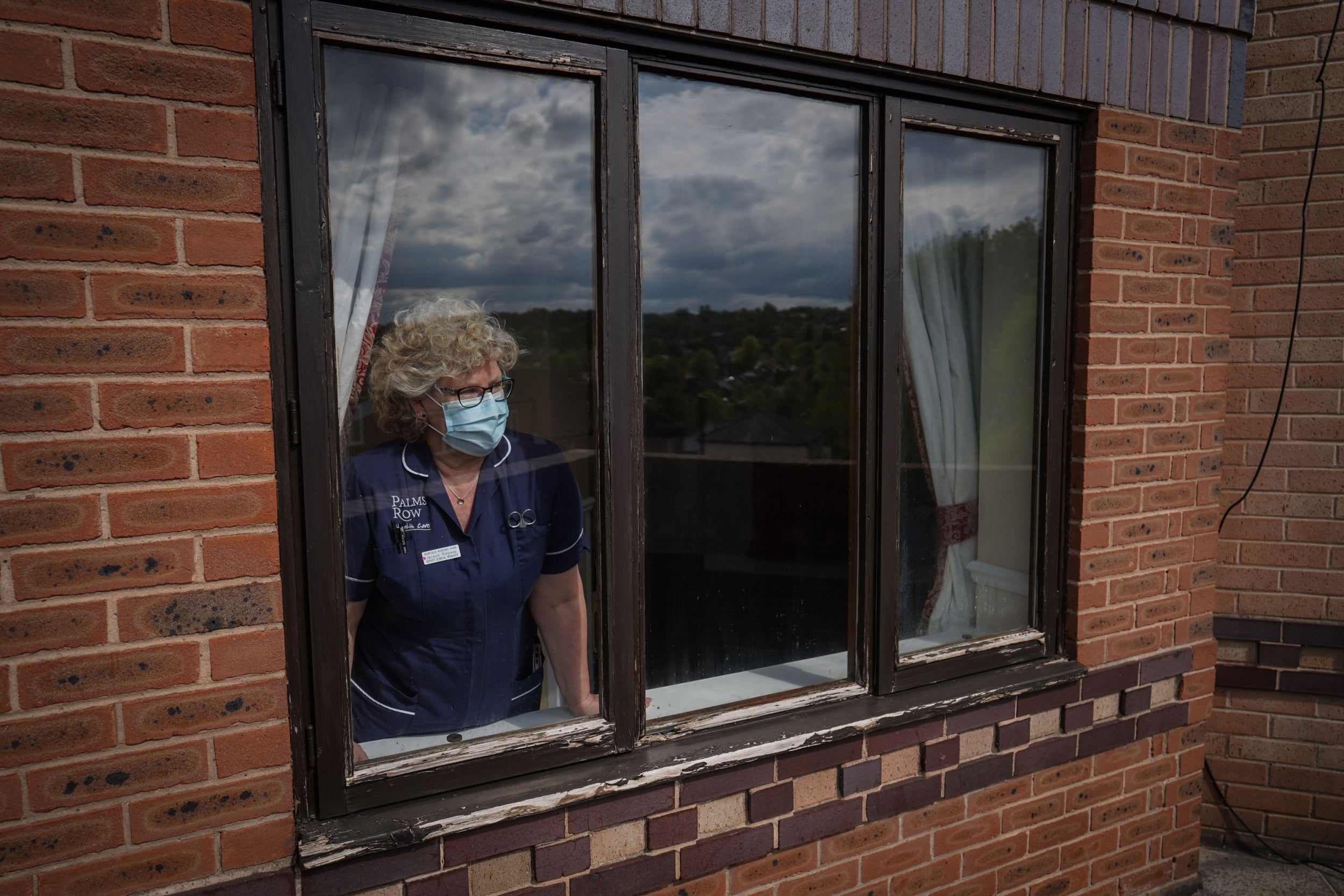
13/18
A staff member at Newfield Nursing Home
Tom Maddick/SWNS
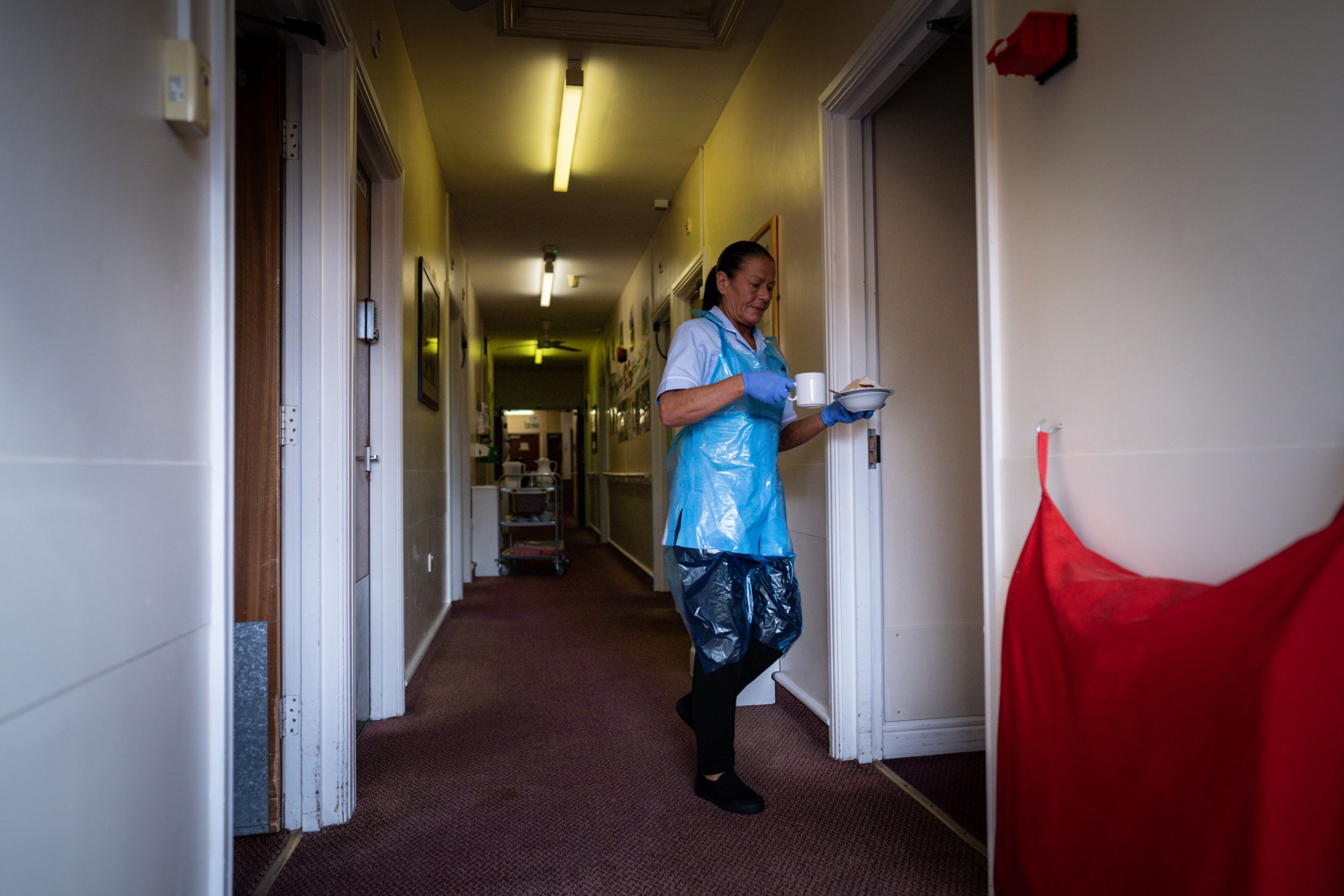
14/18
A carer brings food to a resident at Newfield Nursing Home
Tom Maddick/SWNS
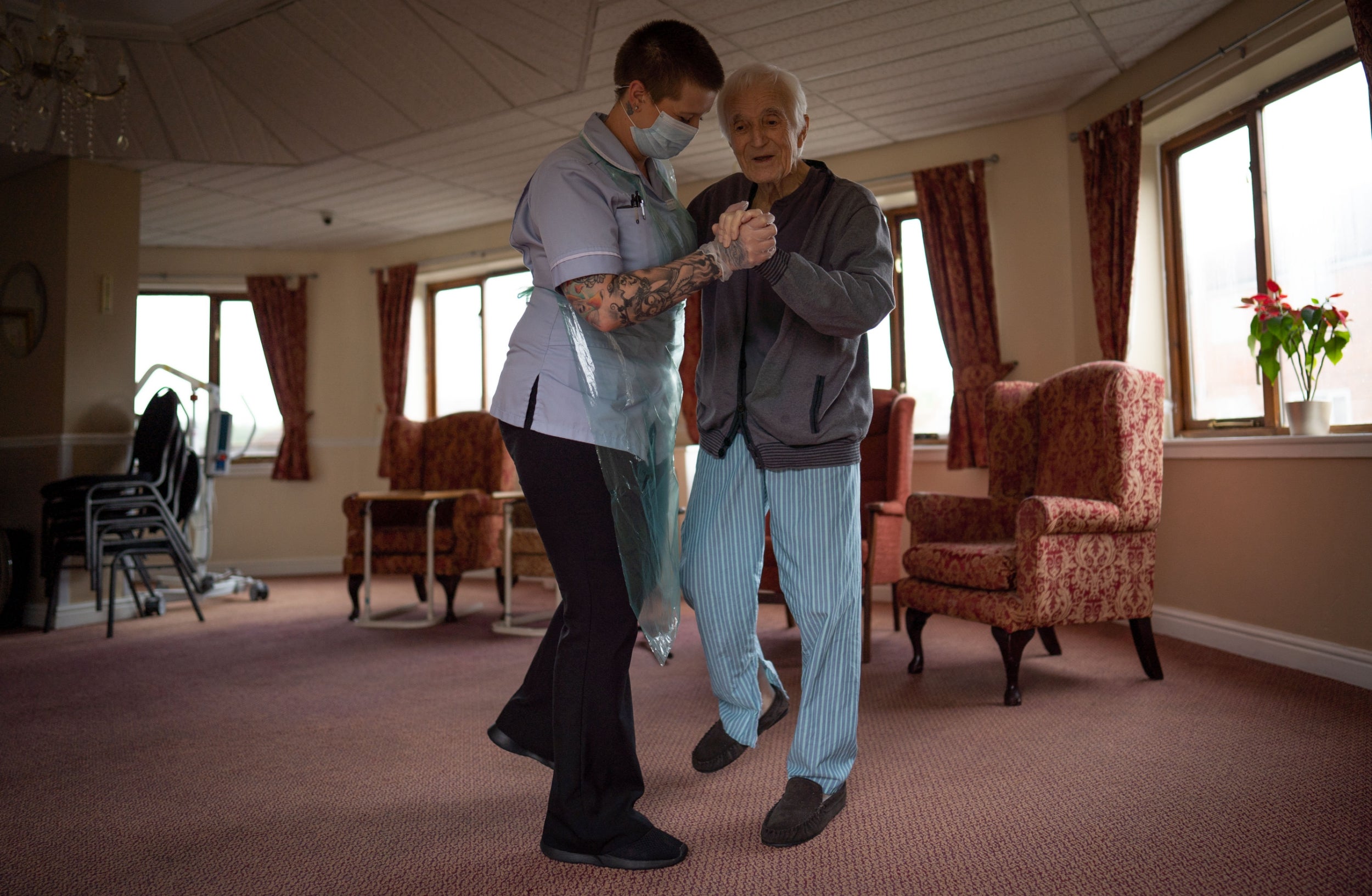
15/18
Jack Dodsley, 79, with a carer in PPE
Tom Maddick/SWNS
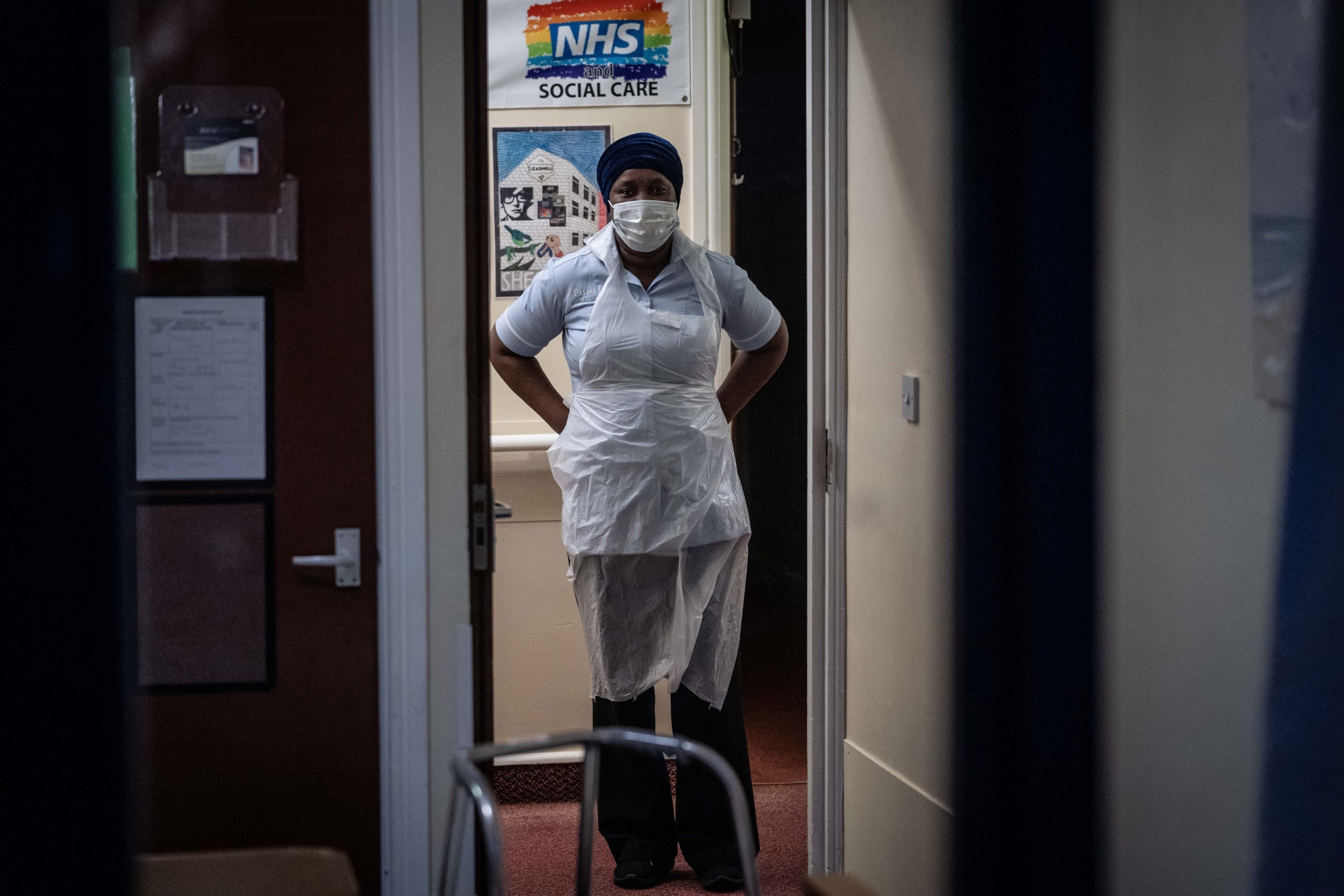
16/18
A staff member puts on PPE at Newfield Nursing Home
Tom Maddick/SWNS
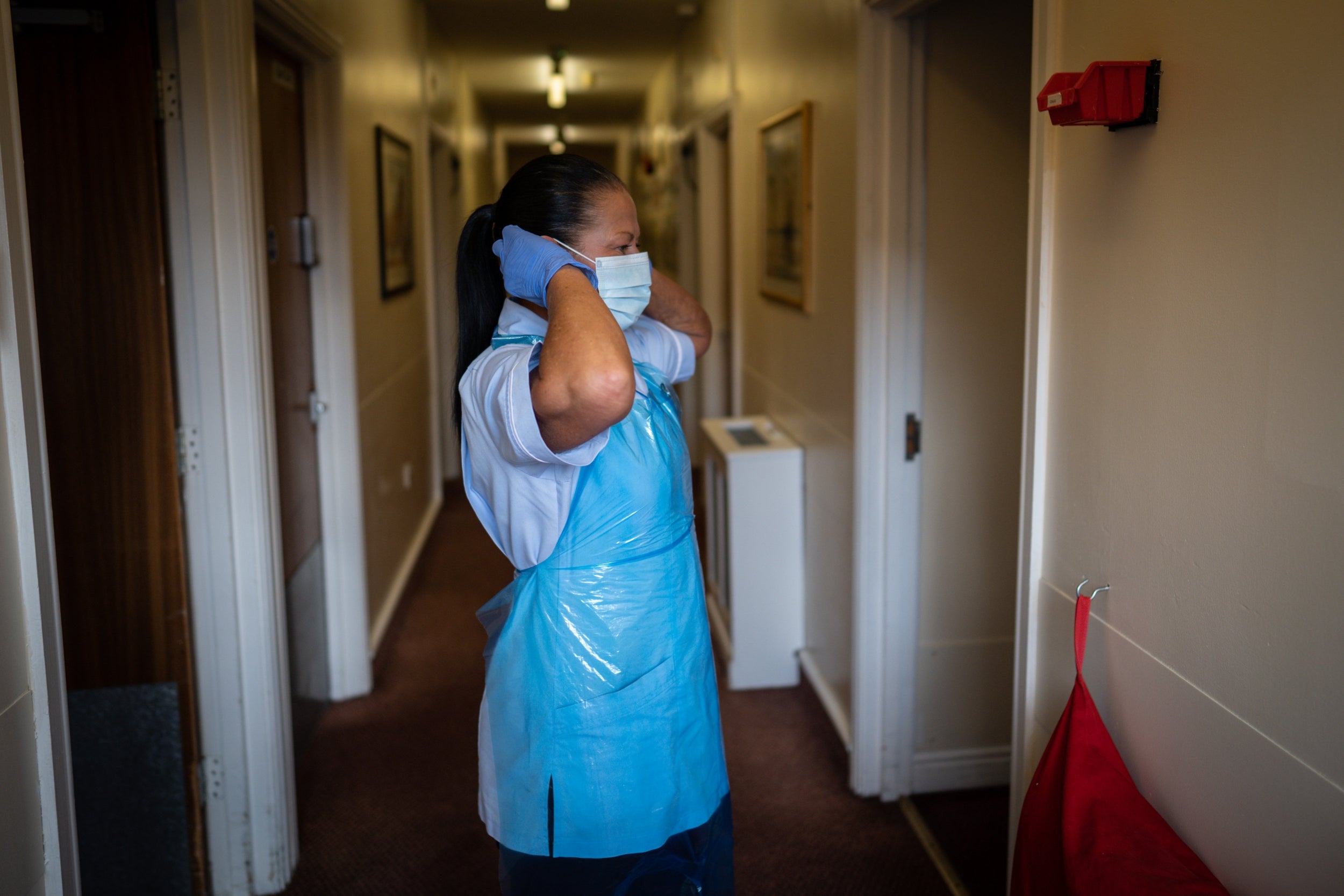
17/18
Jackie Wilson, a healthcare assistant, puts on PPE before she enters a room
SWNS
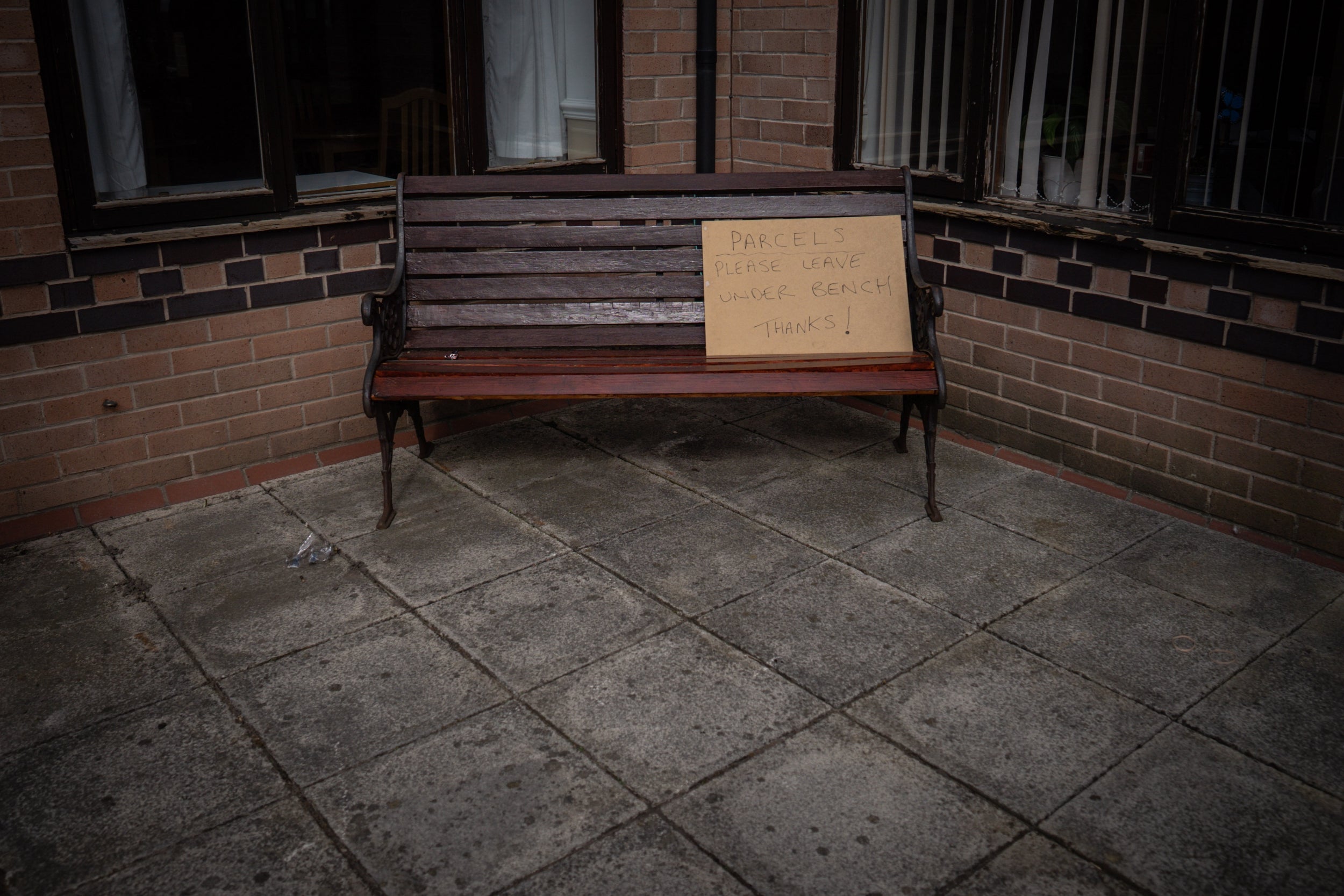
18/18
A bench at Newfield Nursing Home
Tom Maddick/SWNS

1/18
Jack Dodsley, 79, with a carer in PPE at Newfield Nursing Home
Tom Maddick/SWNS

2/18
Jackie Wilson, a healthcare assistant, wearing PPE before going into rooms
Tom Maddick/SWNS

3/18
Jack Dodsley, 79, speaks to a carer at Newfield Nursing Home
Tom Maddick/SWNS

4/18
Carers working at Newfield Nursing Home
Tom Maddick/SWNS

5/18
A care worker wearing PPE opens a drink carton
Tom Maddick/SWNS

6/18
Jack Dodsley, 79, sits with a carer
Tom Maddick/SWNS

7/18
Jack Dodsley, 79, with a carer in PPE
Tom Maddick/SWNS

8/18
A care staff member wearing PPE
Tom Maddick/SWNS

9/18
A staff member at Newfield Nursing Home looks after a resident
SWNS

10/18
A carer wearing PPE uses a speaker
Tom Maddick/SWNS

11/18
A carer helps Jack Dodsley, 79, from his chair
Tom Maddick/SWNS

12/18
A carer wearing PPE helps Jack Dodsley, 79
Tom Maddick/SWNS

13/18
A staff member at Newfield Nursing Home
Tom Maddick/SWNS

14/18
A carer brings food to a resident at Newfield Nursing Home
Tom Maddick/SWNS

15/18
Jack Dodsley, 79, with a carer in PPE
Tom Maddick/SWNS

16/18
A staff member puts on PPE at Newfield Nursing Home
Tom Maddick/SWNS

17/18
Jackie Wilson, a healthcare assistant, puts on PPE before she enters a room
SWNS

18/18
A bench at Newfield Nursing Home
Tom Maddick/SWNS
It is intended to work by using a phone’s Bluetooth connection to look for other phones that have it installed.
It logs the phones – and people – that a person has been in contact with, and anonymously alerts them if anyone in that network starts showing the symptoms of Covid-19.
The latest news on Brexit, politics and beyond direct to your inbox
However, the delay and uncertainty has forced the government to deny that ministers are cooling on the whole idea, in favour of relying on making visits and phone calls to people needing to stay home.
They have also denied suggestions that NHSX, which developed the app, is preparing to scrap it in favour of a system designed by Apple and Google.
Ms Twycross questioned whether the app would work in London, “although it might work on an island”, also suggesting the entire scheme was further delayed by adding: “I understand that is it is due to come out in the autumn.”
Ms Twycross questioned whether the app would work in London, “although it might work on an island”, also suggesting the entire scheme was further delayed by adding: “I understand that is it is due to come out in the autumn.”
In the Commons, there was further criticism that the Isle of Wight was chosen for the app trial, when the island has an “overwhelmingly white population”.
Labour MP Afzal Khan questioned the decision when official figures show more people from ethnic minority backgrounds have died from coronavirus.
But Michael Gove, the cabinet office minister, said the island was the right place because it was “geographically secure”, enabling the government to learn lessons “rapidly” about the app’s operation.


